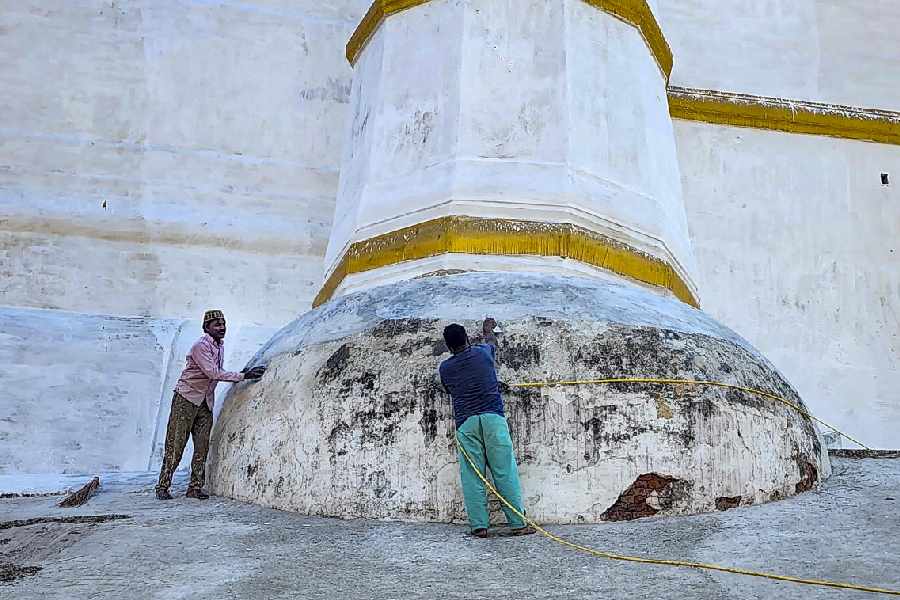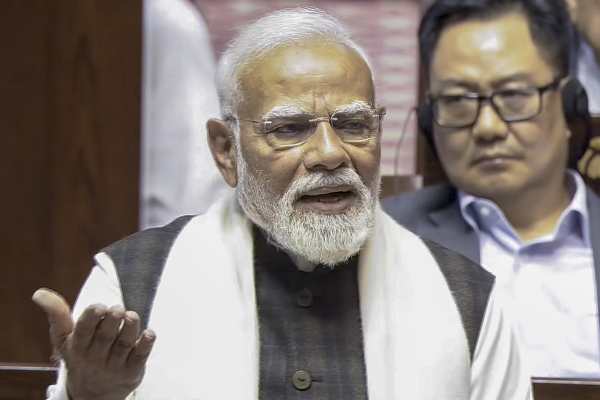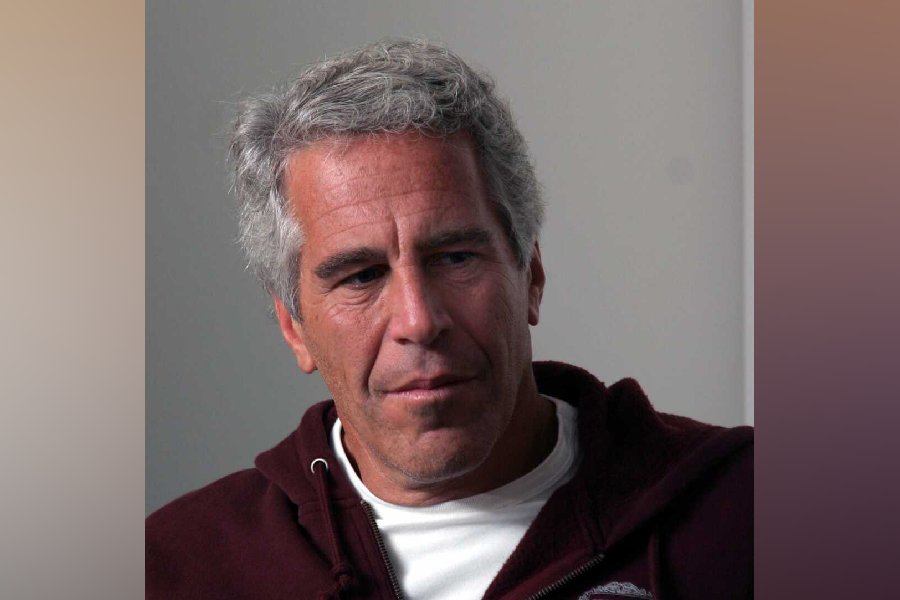The Supreme Court on Tuesday refused to interfere with an Allahabad High Court order that had directed the Archaeological Survey of India to whitewash the Mughal-era Shahi Jama Masjid in Uttar Pradesh’s Sambhal, which is at the centre of a communal dispute.
“We are not inclined to interfere with the impugned order. The petition is dismissed,” a bench of Chief Justice of India Sanjiv Khanna and Justice Sanjay Kumar said in an order while dismissing an appeal filed by Satish Kumar Agarwal challenging the high court’s directive.
Advocate Barun Sinha, appearing for the petitioner, contended that the high court’s order needed to be set aside as it would cause grave prejudice to the Hindu claimants’ contention that the mosque was built by Mughal emperor Aurangzeb on the ruins of an ancient temple.
However, the bench refused to go into the merits of the case and dismissed the petition.
A single-judge bench of the high court had on March 12 directed the ASI to whitewash the shrine and asked the Sambhal mosque committee to bear the cost.
“The ASI shall undertake the whitewashing work and complete the same within one week from today,” Justice Rohit Ranjan Agarwal had said in his order.
“Further, no extra lighting shall be put on the walls, as it may cause damage to the monuments, but exterior lights in the shape of focus lights/LED lights may be used by the ASI for lighting of the outer area of the alleged Masjid,” the order stated.
On November 29, the apex court had restrained the Sambhal civil court that had ordered a survey of the mosque from proceeding further till the high court had decided on the matter. It had also directed the administration to be “totally neutral” and maintain peace.
Four youths were killed outside the mosque on November 24 in an alleged mob-police clash that had broken out during the court-ordered survey to ascertain whether the shrine stood over the remains of a destroyed temple.
During the last hearing, the apex court had asked additional solicitor-general K.M. Natraj, appearing for the Uttar Pradesh government, to explore the possibility of “mediation” to resolve the issue under Section 43 of the Mediation Act.
According to Section 43 of the Act, “any dispute likely to affect peace, harmony and tranquillity amongst the residents or families of any area or locality may be settled through community mediation with prior mutual consent of the parties” instead of prolonging the matter through judicial battles.










